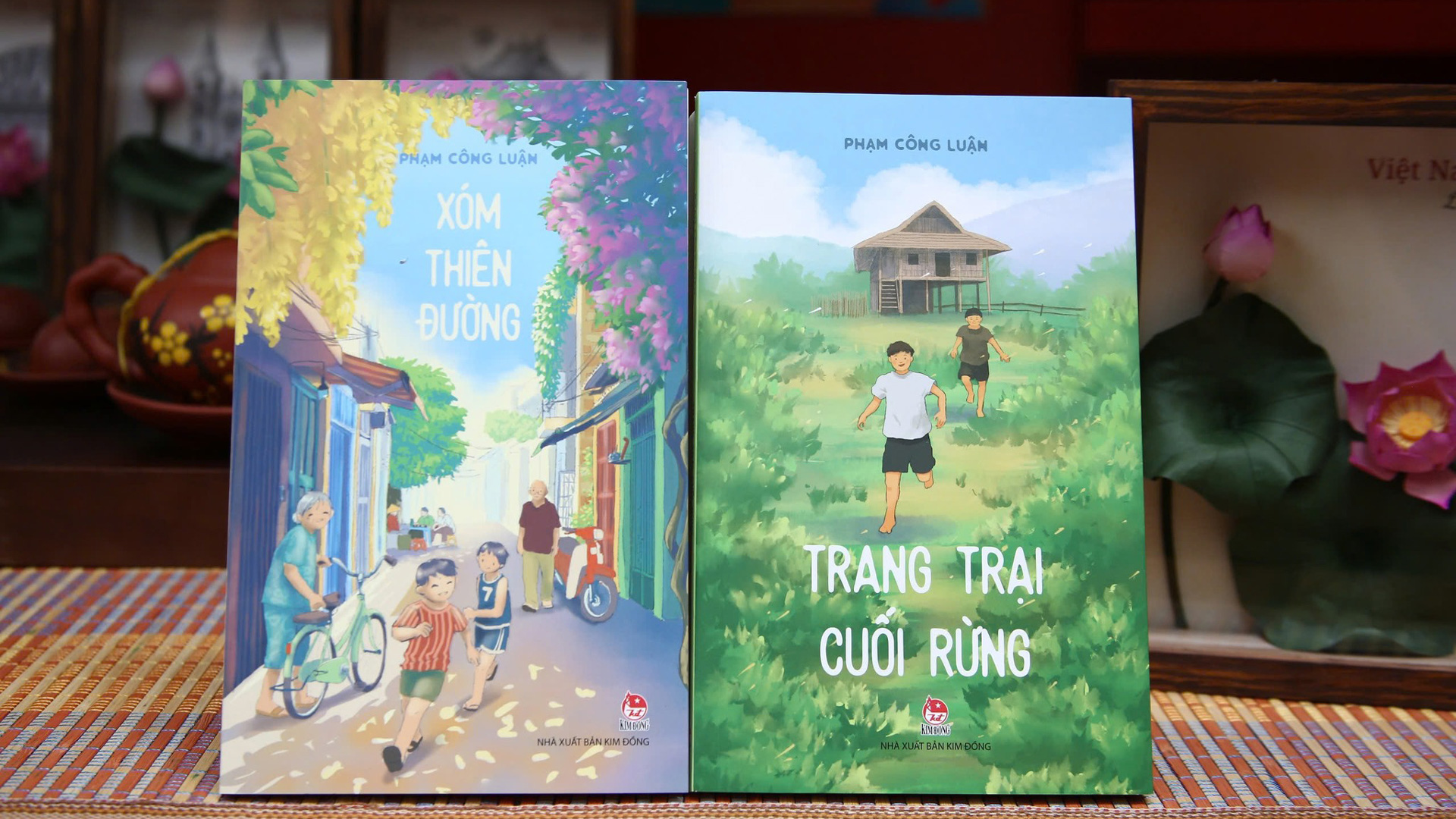 |
• MEETING PARADISE IN REAL LIFE CHILDHOOD
The two stories are set in two seemingly opposite spaces.
"Paradise Hamlet" is a story about a small hamlet nestled in the middle of a bustling city. Next to the spacious boulevard, the streets full of people, vehicles and shops, another image of Saigon appears vividly through the alleys. The small hamlet named "Pagoda Hamlet" without any pagoda, contains many joys and sorrows along with the impermanence of life, both typical of a bustling city and interspersed with extremely quiet moments. Here there is an old house of an old family, people from far away provinces coming to make a living, along with children who are happy and excited about the open life... All live together, share, creating many cute and strangely affectionate stories. "Paradise Hamlet" is not a fairy tale, but a very real paradise in the heart of the city. The fairy quality begins with the pink bougainvillea trellis and the yellow scorpion tree, then the ordinary characters appear vividly through the eyes of a young boy. A real Saigon, with typical everyday details that permeate each page of the book: the early morning cries, the small porches, the generous behavior, and just enough hustle and bustle to highlight the hidden charm. Saigon culture is not only present in the relics, but also in the voice, the eyes, the kind, sincere heart - and the intricate stories and very real laughter. All of these things contribute to creating a real-life "paradise" that everyone loves and remembers.
"Farm at the End of the Forest" is a completely different space. On a large farm, two urban boys step by step directly experience life and nature: from observing plants and animals to exploring the primeval forest, from the innocent and lovely friends on the farm to the adults carrying ups and downs in their memories. The two brothers had a long vacation in the semi-mountainous area, where there are stilt houses, gardens, new friends, and lessons not found in books. Not only is it a vivid story about children and nature, "Farm at the End of the Forest" is also a melodious song about the flow of time. Through each page of the book, you will realize that on the land that has gone through many changes, there is always the strong vitality of nature and the tolerance of the human heart.
Different in space, but both works meet in the interesting experiences of unforgettable childhood. "Paradise Hamlet" and "End of the Forest Farm" are carefully crafted by the author to create natural pictures with flowers, sunshine, gentle shade and many scenes to make readers smile emotionally. Each story is connected to form a vivid, affectionate film, awakening beautiful memories in the hearts of all ages.
• LITERATURE PAGES OPEN UP PIECES OF LIVES
With "Xom Thien Duong" and "Trang Trai Cuoi Rung", writer Pham Cong Luan shows his outstanding writing ability, which is a synthesis of memoir writing and creative literature. By telling stories in a stream of memories, recreating the past through the eyes of an experienced person who has lived and witnessed many social changes, the two works do not follow dramatic climaxes but quietly open up lives and memories, as if having an intimate conversation with the reader. Behind the words is a warm heart, always looking towards kindness, towards the quiet beauty of humanity. The writer's feelings for the characters are the feelings of someone who has lived among them, accepted, understood and loved them.
Writer Pham Cong Luan does not define peace by peaceful things, but by the enduring tolerance of people towards each other. The characters in "Paradise Hamlet" and The Farm at the End of the Forest live amidst very real hardships: worries about food and clothing, facing loss and brokenness, and lingering pain over the years. However, in each page, those feelings are cherished in a gentle, delicate and affectionate writing style.
Having published his first children's novel "The Little Boy That Son" 34 years ago, and then continued with nearly 20 books of prose and research about old Saigon, writer Pham Cong Luan shared: "The desire to write for children still burns within me". Inspired by children's literature by classic works such as "The Drops of Ink", "The Road to Thien Ma Mountain", "Chuong Com" or "Con Thuy", writer Pham Cong Luan did not repeat, but continued. With "Xom Thien Duong" and "Trang Trai Cuoi Rung", the writer wrote stories where children can live, make mistakes, correct themselves and grow up in their own way in a world that is still warm with faith in goodness.
Not every childhood growing up in the countryside or in the middle of a brightly lit city is special. Childhood is only truly complete when it is nurtured in love for people, for goodness, for the world around. For teenage readers and those who were once children, "Paradise Hamlet" and "End of the Forest Farm" are like two return tickets: to the old neighborhood, the old forest, or to oneself in past summers. For that reason, these two books are not only summer books for children, but also for anyone who grew up with love and kindness.
Source: https://baolamdong.vn/van-hoa-nghe-thuat/202506/nha-van-pham-cong-luan-tu-xom-thien-duong-den-trang-trai-cuoi-rung-66f2d55/




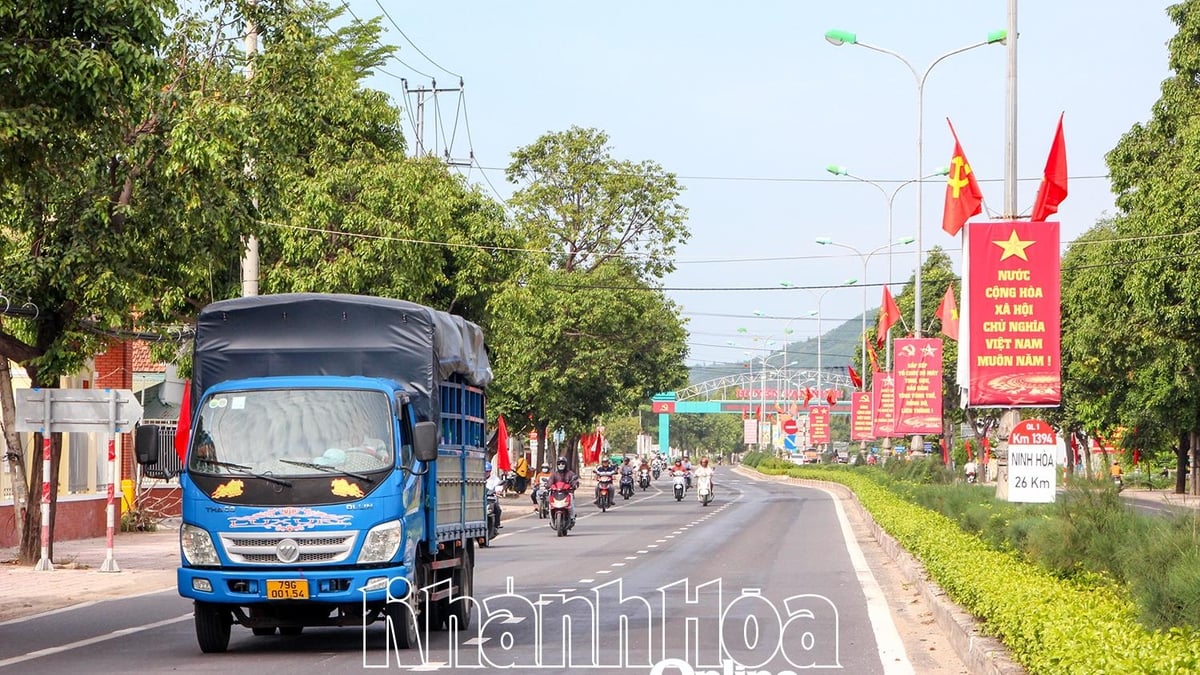
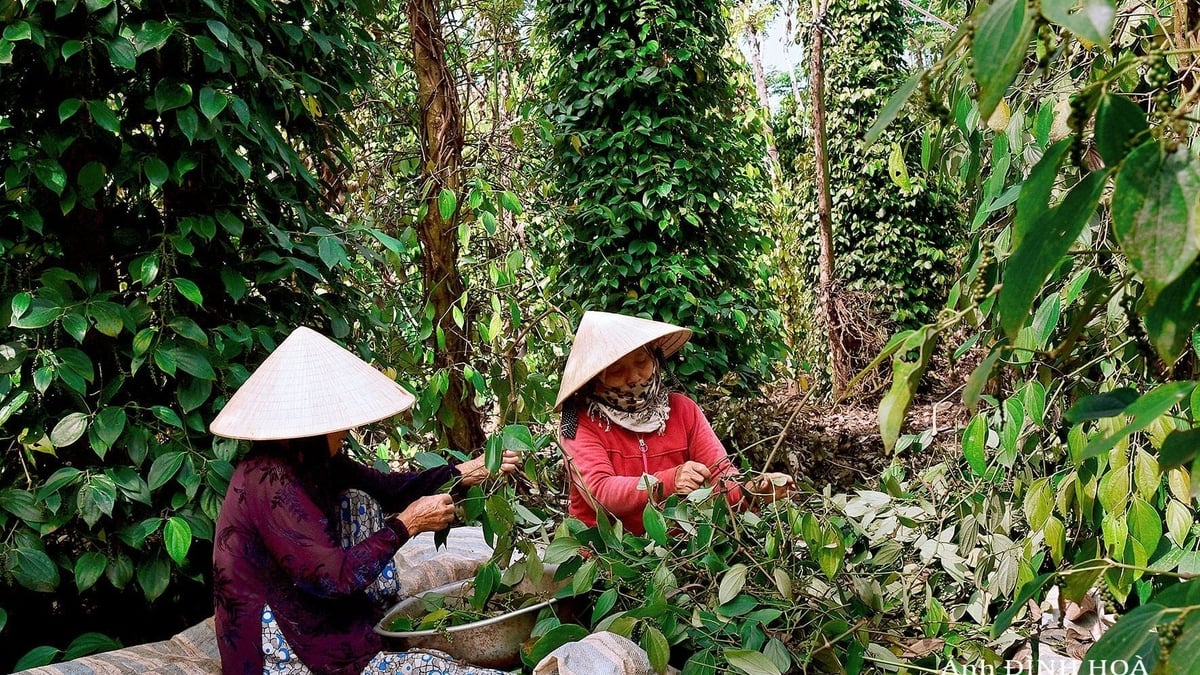

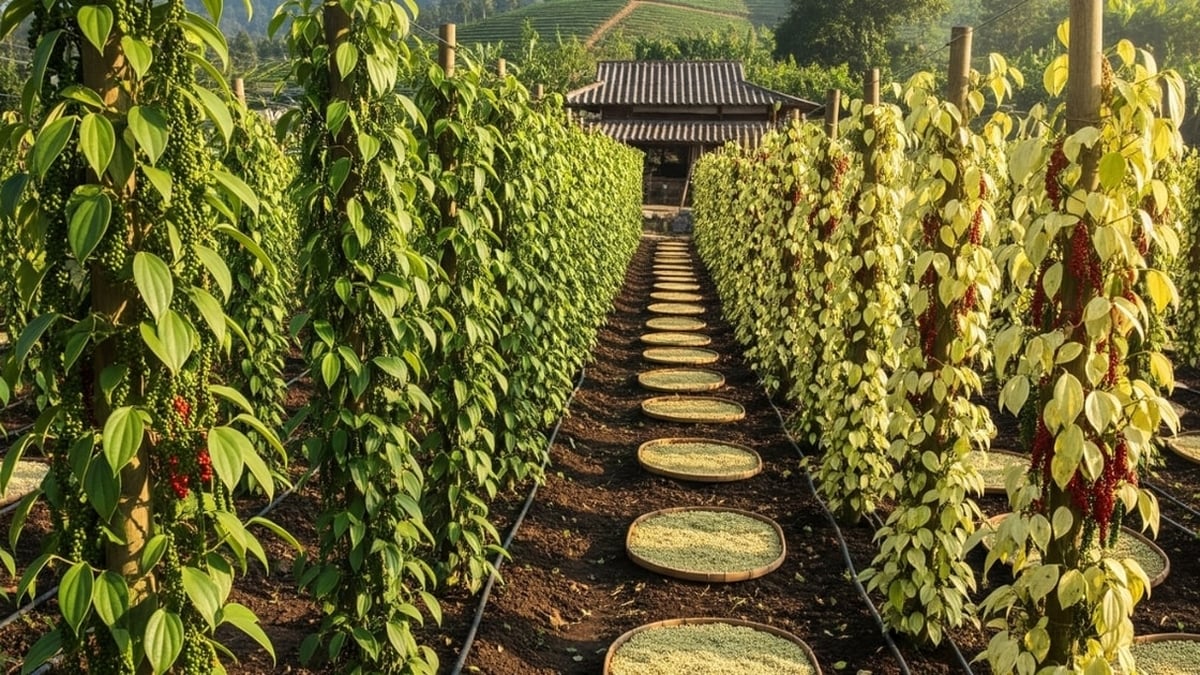



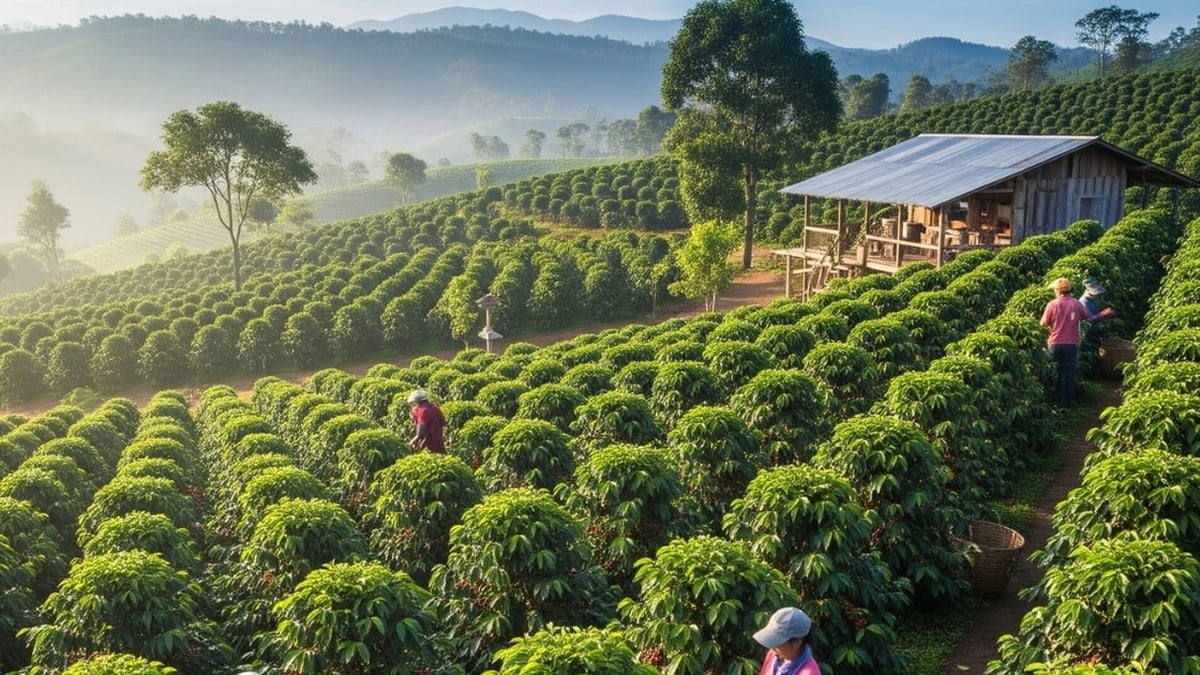












































![[Maritime News] Container shipping faces overcapacity that will last until 2028](https://vphoto.vietnam.vn/thumb/402x226/vietnam/resource/IMAGE/2025/7/30/6d35cbc6b0f643fd97f8aa2e9bc87aea)











































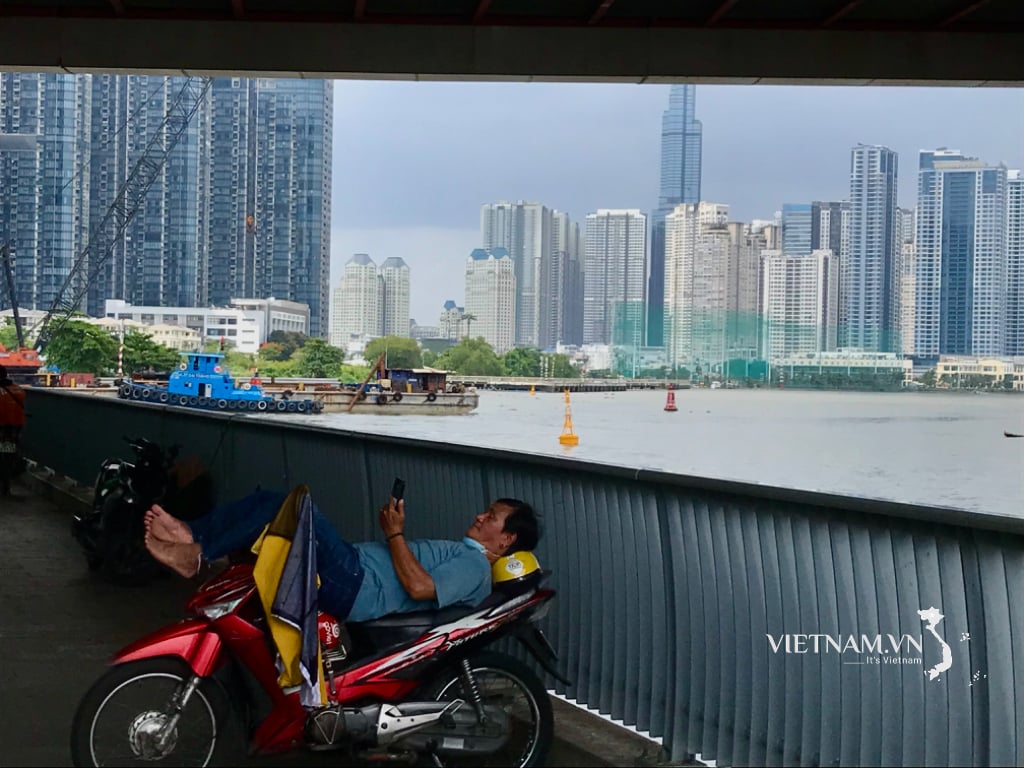

Comment (0)